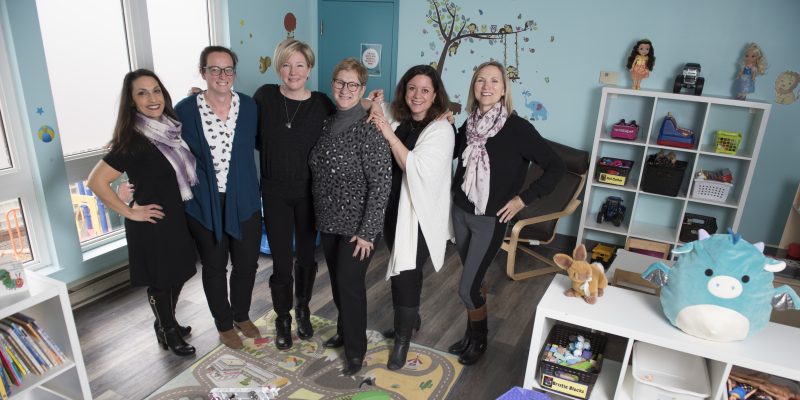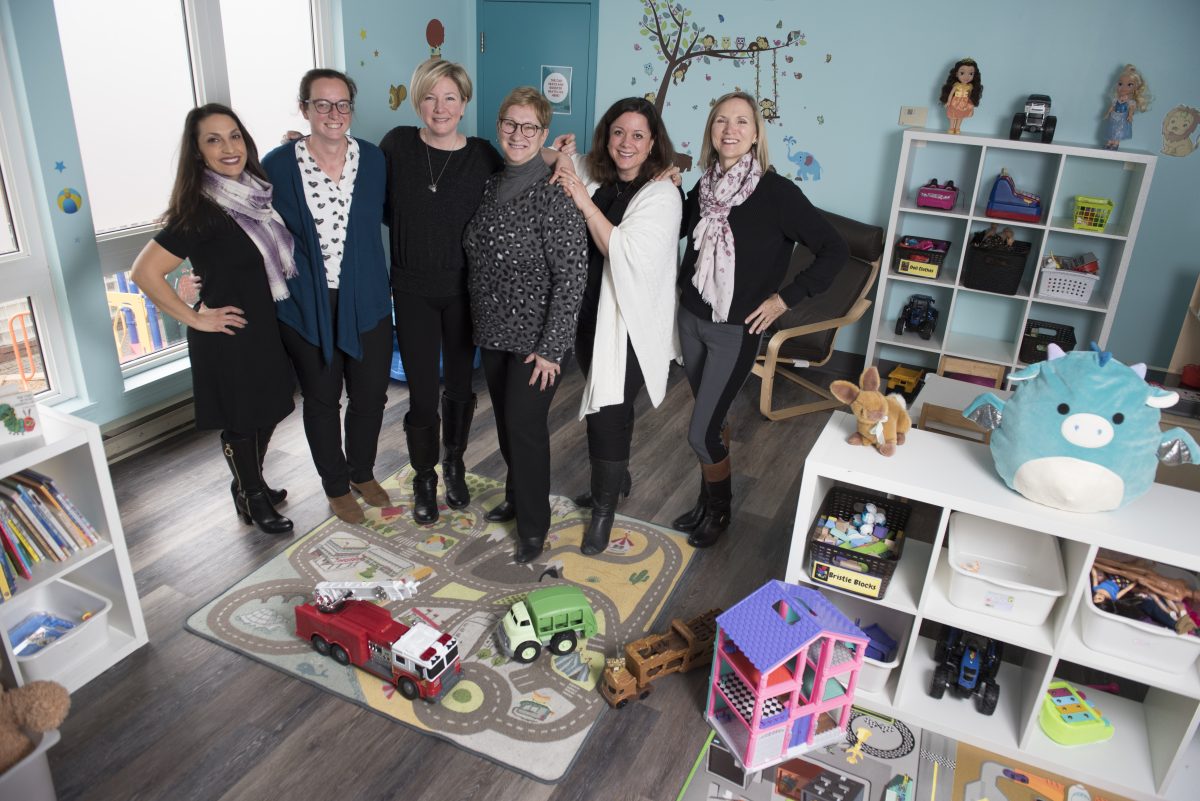by Sherri Telenko, photography by Nikki Wesley
This March, men and women around the globe will celebrate International Women’s Day. It’s a time to celebrate the political, economic, cultural and yes, even personal, achievements of women. Some of those personal achievements are difficult to discuss. Some of those achievements involve surviving abuse.
Those are the challenges The Halton Women’s Place deal with daily – hourly, actually. Twenty-four hours a day, seven days a week services are available.
Another challenge, according to Carmela Bozzo, Manager of Development and Communications at Halton Women’s Place, is avoiding ‘sensationalizing violence’ by focusing on what has happened, rather than what can happen next. That’s why there’s a new hashtag in town: #youtoo.
But first, what is Halton Women’s Place?
For 40 years, Halton’s Women’s Place has served the community offering round the clock confidential crisis lines, counselling, safe housing, and school and community workshops. The Burlington safe residence has 30 beds and Milton house, 22 beds. Unfortunately, the shelters are often full, and stays are extending beyond the recommended 90 day maximum.
“Recently,” says Bozzo, “some women have been staying at the shelters much longer, some up to a year, which is not ideal. One problem is a lack of second stage housing and a place to transition women to go to that’s both safe and affordable.”
Who utilizes Halton Women’s Place services?
“We have been good at taking away stereotypes,” Bozzo says. “We like to say, ‘abuse has no boundaries.’ We serve all ages, backgrounds and income levels. Everyone has a different story.” But what is consistent, according to Bozzo, is “leaving an abusive situation is a hard choice to make and actually leaving is the most dangerous moment. Some try five to seven times before actually doing it – it’s that difficult.”
Online and via phone, Halton Women’s Place offers a plan for leaving advising what to take with you and how to proceed.
Bozzo has worked with Halton Women’s Place for 15 years, and many things have changed during the last decades, but not enough to eliminate the need for services. The community knows more about shelters and why it’s an important service, so awareness has increased. Similarly, barriers are breaking down.
“We have different clients from different ethnicities,” Bozzo says. “Some who wouldn’t have reached out to our services years ago.” More elderly clients, some needing protection from their own children, are also contacting Halton Women’s Place for help in higher numbers.
“The type of abuse is changing as well,” Bozzo says. “Cyberstalking is unbelievable.” The current goal, however, is redefining the focus of the conversation.
Halton Women’s Place, an organization employing about 50 full-time and part-time staff, is proactive. In addition to having what Bozzo describes as “a great relationship with local police,” Halton Women’s Place recently hired three licensed teachers who go into schools offering 50 to 75 minute workshops on a variety of topics from personal boundaries to healthy relationships, appropriate for grades one to 12.
And online? Welcome #youtoo – an initiative designed to (hopefully) go viral focusing on answers. Who has stepped up and assisted through a challenge? How have women survived and who helped? The #youtoo initiative celebrates those who make a difference and challenges us as coaches, employers and friends, to act when needed and be role models for others.

